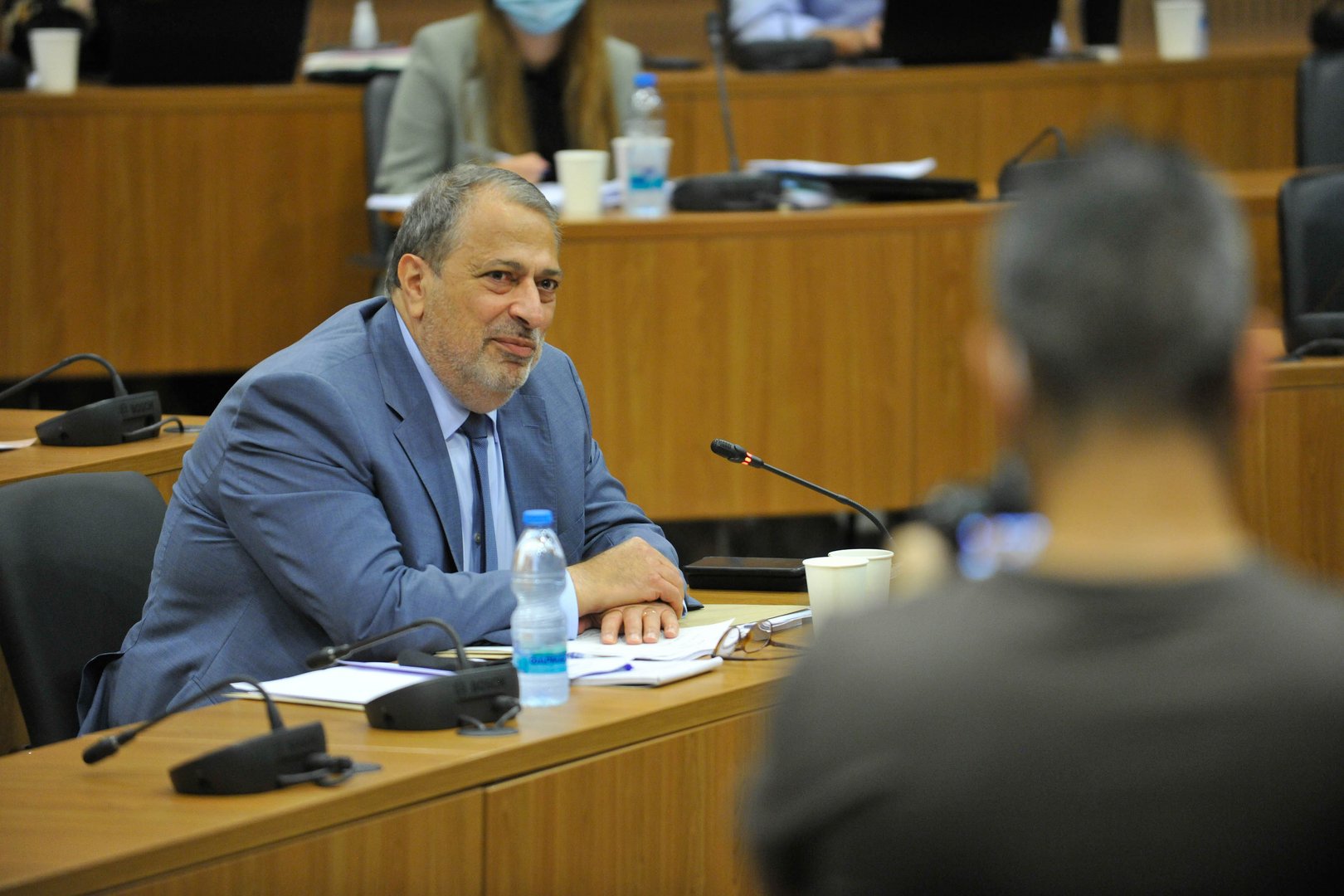The flagrant illegalities surrounding the operation of a fish farm in Trimiklini and an adjacent leisure centre, to which state authorities turned a blind eye for over 10 years, shocked deputies at the House audit committee who were presented with the findings of the auditor-general’s recent investigation.
The report, which had been made public some weeks ago, was a damning indictment of a host of state services, which issued permits unlawfully and did nothing about blatant violations of the law other than to sign them off when they had to.
State authorities that will prosecute people for trivial issues allowed a private business to divert water from the Kouris river for a fish farm, which was in violation of the permit it was dubiously issued, and to set up a leisure centre without any permits on state land, leased for farming, which featured log cabins and an artificial lake. Nothing would have been done if the illegalities had not featured in extensive reports in several newspapers. Only after the issue was made public and the audit office announced it would investigate, did the state services wake up to the illegalities, with some reporting the violations to the attorney-general, presumably in order for civil servants to cover themselves.
The Town Planning Department reported the case to the attorney-general at the end of November, Limassol district office also reported it to the AG as did the ministry of interior. The Fisheries Department, which unlawfully issued the permit in 2011 and renewed it for another 10 years in 2022, decided to carry out its own inspection of the premises after the story broke, and called in the police when its inspectors were not allowed access. Meanwhile, a representative of the Water Development Board said the owner of the fish farm had still not been charged for the water he was given for ‘irrigation’ purposes. Why?
Suddenly everyone is volunteering to investigate the state-condoned illegalities of the fish farm. In addition to the attorney-general, the case has also been reported to the anti-money laundering service Mokas by the auditor-general, after allegations of money-laundering. Mokas will look into the matter and inform the police if there is a case to answer. The cabinet in December also appointed a three-member committee to investigate the findings of the auditor-general’s investigation and report back in two months. The anti-corruption authority said it will hire a law office to carry out a full investigation of the accusations, as the case had been reported to it, in order to establish whether corruption offences were committed.
How funny that suddenly everyone has got on the investigation bandwagon because the scandal has been made public. This is reminiscent of the multiple investigations into the golden passports which were ordered by the man at the centre of the scheme, former president Anastasiades, to quell public anger and the tactic worked. Nobody was prosecuted for corruption, despite the existence of evidence to pursue such cases, while one law firm that was charged with violating the regulations was acquitted by the courts. Nobody saw a case of corruption in the then president’s family being taken on holiday on the private jet of a businessman whose extended family was subsequently granted citizenship.
It is imperative now to have investigations that would lead to prosecutions to avoid making another mockery of the idea of the rule of law. From what has been made public so far, two investigations are required. One by the attorney-general’s office that will look into the alleged law-breaking by the owners of the fish farm. The second should probe all the failings of the state services and prosecute or initiate disciplinary proceedings against civil servants for gross negligence (assuming that this is a sackable offence in the public service). There is a suspicion that the state authorities that reported different aspects of the law-breaking to the attorney-general at the end of last year are trying to protect the civil servants that signed off the illegalities, by focusing investigations only in this direction.
This must not be allowed to happen. The cabinet-appointed committee and the anti-corruption authority must focus on finding the individual civil servants that signed off the illegalities. They might not have profited personally from abusing their power, which under Cyprus law is necessary for an action to be deemed a criminal offence, but it is still an offence, although it carries a smaller sentence. And if these civil servants are in danger of losing their jobs and pensions, they might reveal if they were acting on orders from politicians. Whatever the reasons for their negligence, they must be subject to the maximum penalty envisaged by the law, as this is the only way to stop these abuses by civil servants.
How the scandal is dealt with will be a good indication of the Christodoulides government’s intentions. Will it truly bring in the new, as the president boasted he would in his speech at the presidential palace on Wednesday, or will he perpetuate the old practice of allowing illegality and abuse of power to go unpunished.







Click here to change your cookie preferences